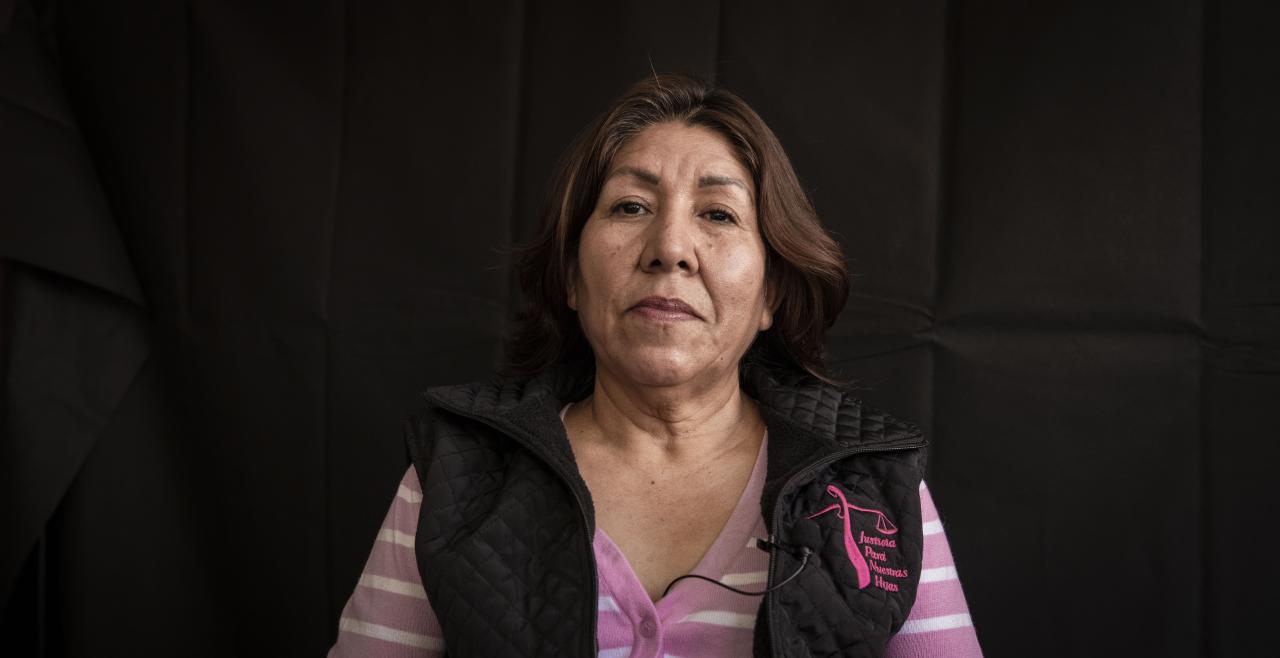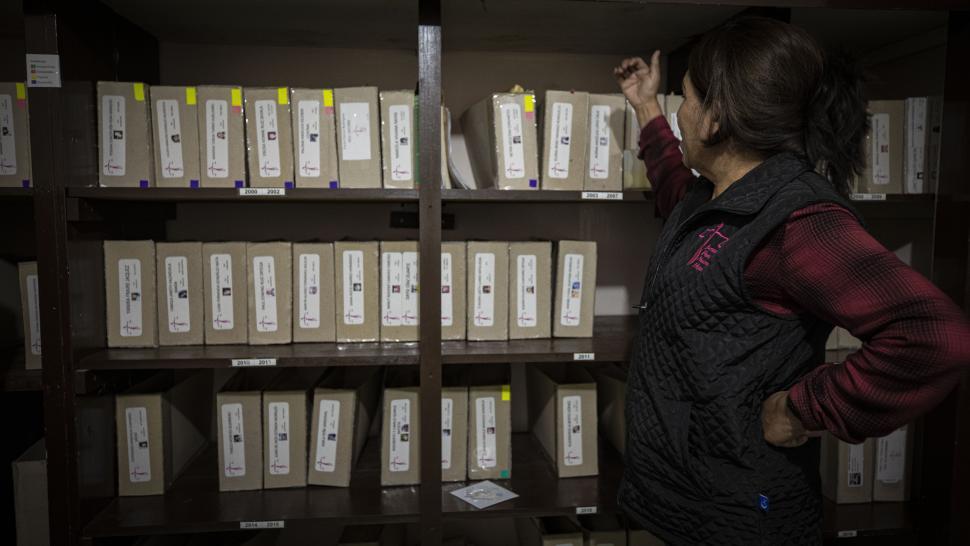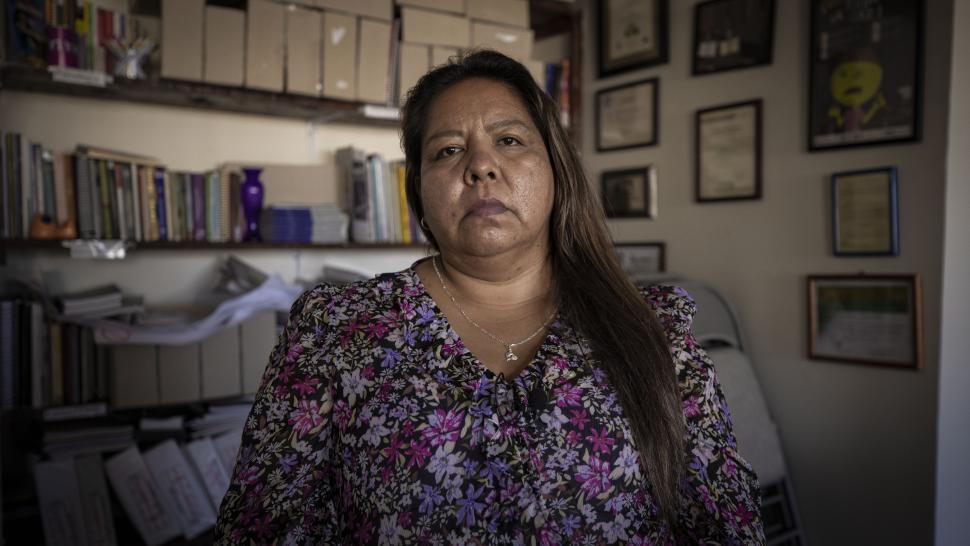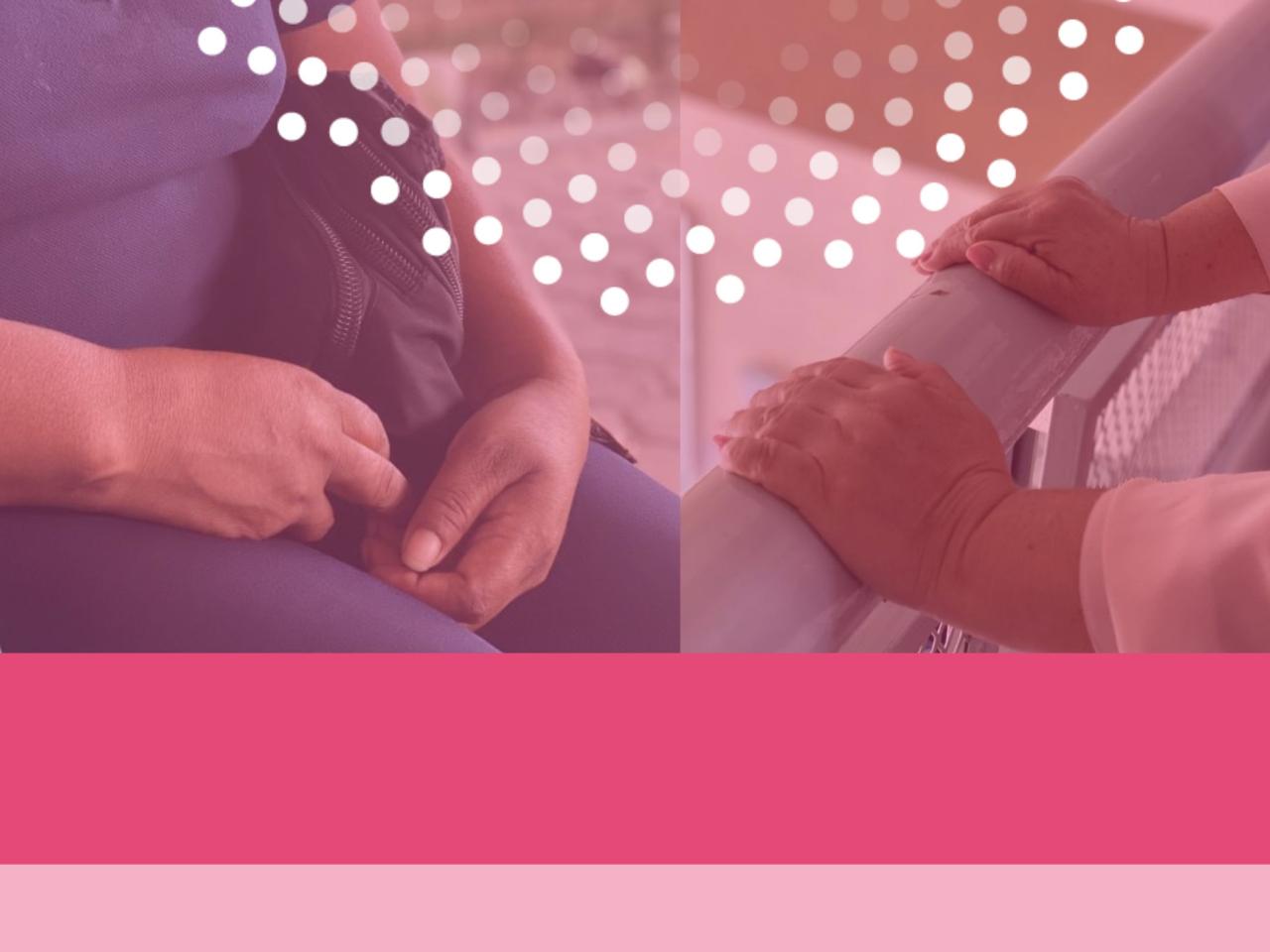Justice for Our Daughters: using empathy and knowledge to support the families of missing women

Chihuahua, MEXICO - On March 3, 2002, Norma Ledezma’s daughter Paloma did not return home from school. Ms. Ledezma went to the police, only to be told the same thing as hundreds of other families looking for daughters, sisters or mothers.
"They told me that I had to wait 72 hours for them to look for her, that she had left with her boyfriend and that in a few months I would have a grandson. They were absolutely incapable of understanding that there were women who were being taken for the private purposes of certain groups.”
"They told me that I had to wait 72 hours for them to look for her, that she had left with her boyfriend." - Norma Ledezma, activist and mother
Almost 14,000 people have disappeared in Chihuahua since 1964, many of them young women of limited resources. Hundreds of families have experienced difficult complaint and search processes and been treated with apathy by the authorities, their daughters’ disappearances remaining uninvestigated.
Paloma was found dead on March 29, 2002 in Chihuahua, 27 days after being reported missing. It was this moment that inspired her mother to spend her life fighting for justice. “Justice was born there and this different part of me that I had hidden was born," says Ms. Ledezma.
Now a lawyer and activist, Ms. Ledezma founded Justicia Para Nuestras Hijas (Justice for Our Daughters), a civil society organization dedicated to defending the human rights of disappeared and murdered women and their families. Spotlight Initiative has supported their work via a small grants programme.
Families unite for justice
After Paloma's disappearance, a group of families approached Ms. Ledezma to help look for her daughter, along with other young women who had disappeared under the same circumstances and in similar situations. Like Ms. Ledezma, they had not gained any traction with the police.
“We noticed that they were approximately the same age, that they came from low-income families and without political or economic power, from families 'insignificant' for the State,” she says.
“My daughter and I worked in a maquiladora (textiles factory)… One thing was certain: they treated us like this because we were unaware of our rights.”
Today, Norma directs various search activities and provides legal representation and support for relatives of disappeared women in Chihuahua. So far, Justice for Our Daughters has handled around 400 cases.
“We decided that we had to unite as mothers and fathers to face this huge monster that is access to justice,” she says.
“In the last 10 months, 400 girls have disappeared. Four were found dead and six remain missing. The rest were recovered, but no one is following up on them."
“If families know their rights and stand up for them, they will gain power. How are you going to ask for something you don't know?" - Norma Ledezma, Founder of Justice for our Daughters
Listening, empathy and knowledge
For Norma, and for Justice, the most important thing is to work hard for a fairer reality.
“Knowledge is power. If families know their rights and stand up for them, they will gain power. How are you going to ask for something you don't know?" she says.
Through the small grant awarded by the Spotlight Initiative, the organization's team was able to strengthen its skills and knowledge to continue doing what it does best: supporting the families of disappeared women.
When families arrive, they are assisted in the presence of lawyers, psychologists and social workers so that they leave knowing their rights and feeling supported and protected.
Support for other mothers seeking daughters
The organization took advantage of Spotlight Initiative support to offer courses to the families with which it works. These were focused on their rights, as well as psychosocial tools for managing their physical and emotional well-being. “For the families it was like fresh water,” says Ms. Ledezma.
“We come to all the courses, to all the talks they give us,” says Irasema Torres, mother of Yeny Karely who has been missing since 2017. “We are there to grab everything that serves us, that strengthens us, that helps us.”
Ms. Torres says that the workshops and Justice have been of great assistance: "they not only help us in the search for my daughter, but as people to deal with this situation," she says.
It is an experience Ms. Ledezma understands all too well.
“I'm here because Paloma isn't,” she says. "But it is worth going on. Maybe Paloma will never have that justice and I will never have that truth, but I decide to believe.”
Original text by Elena Coll Guzmán and Martina Spataro Tron



